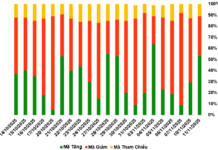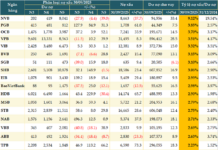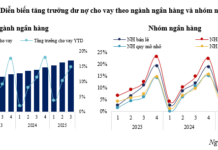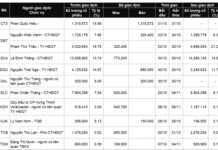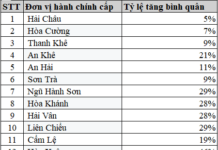The People’s Committee of Ho Chi Minh City has recently issued a detailed plan to implement the task of building and perfecting the land database, in accordance with the directives from the Ministry of Public Security and the Ministry of Agriculture and Rural Development.
Building a Foundation for Digital Transformation
This plan aims to establish a robust foundation for the digital transformation in land management, enhancing the efficiency and effectiveness of local government administration.
It seeks to improve the quality of public land-related services, streamline administrative procedures, and facilitate electronic transactions for citizens and businesses.
The initiative will synchronize land user information on land certificates with the land database and the national population database, ensuring the legal rights of citizens and businesses in accessing and utilizing land information.
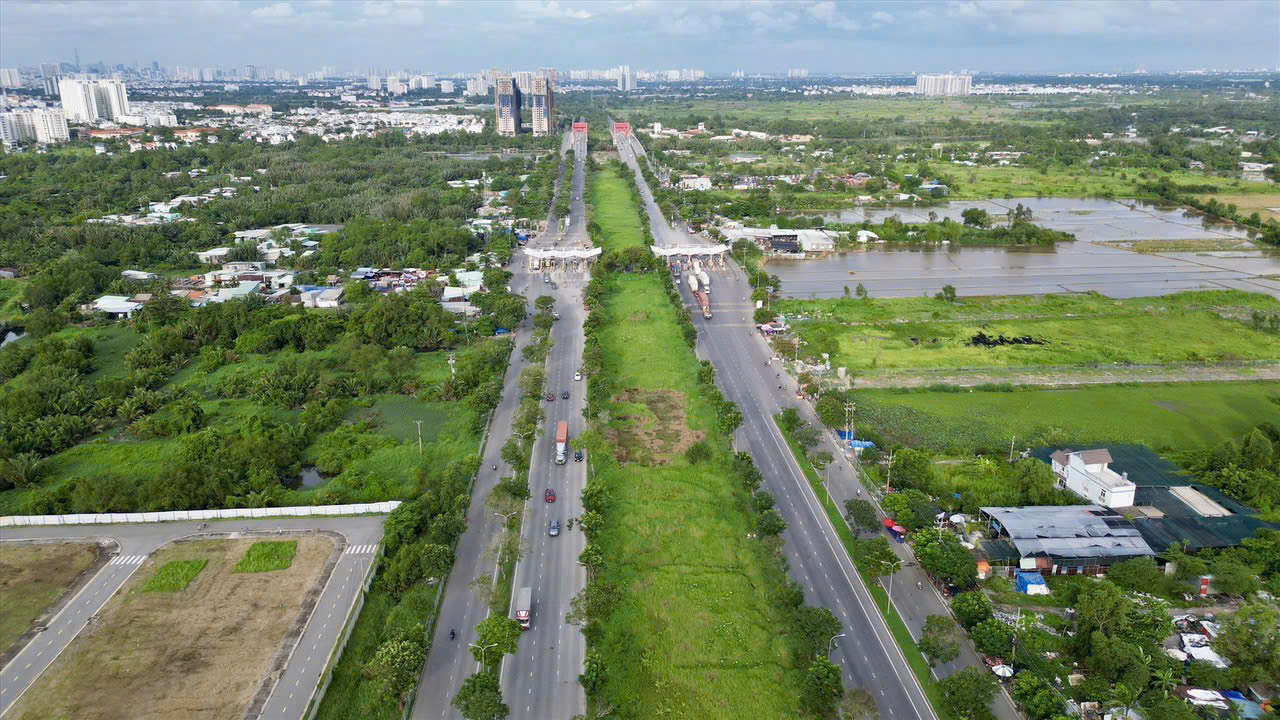
Ho Chi Minh City will complete the land database for 168 wards, communes, and special zones, covering over 5 million land plots.
Reviewing and Cleaning the Land Database
The city will review and refine the land database to ensure it is “accurate, complete, clean, live, unified, and shared,” aligning with the two-tier local government organizational model.
The city’s land database must be capable of connecting to the national land database, sharing data with the national population database, and integrating with tax databases and key sectors within the city.
Implementing agencies must clearly define responsibilities, authorities, timelines, and outcomes, ensuring close coordination in task execution. Regular monitoring, supervision, and reporting will be conducted to promptly address any challenges or obstacles.
To achieve these goals, the city will review and clean the land database established over various periods across 168 wards, communes, and special zones (approximately 5 million land plots). This includes digitizing, creating, and restructuring data from land and housing certificates that have been issued but not yet updated in the database.
Letting the Market Reign: How Land Prices Drive Housing Costs and Vice Versa
According to the Chairman of the Vietnam Association of Construction Contractors, the 2024 Land Law stipulates that land prices are determined by market mechanisms. However, if the market is left to decide entirely, the state will struggle to control prices, leading to an endless cycle where “land prices chase housing prices, and housing prices rise with land prices.”
Unveiling The Privé: Redefining Elite Living in an Exclusive Enclave
In August 2025, The Privé set a remarkable record with all 1,027 phase 1 apartments fully booked within just 72 hours.
Unraveling the Red Tape: Ho Chi Minh City Deploys Senior Officials to Resolve Condominium ‘Pink Book’ Delays
Leading the task force dedicated to resolving issues related to the issuance of land use right certificates (red books) for commercial housing projects is Mr. Nguyễn Toàn Thắng, Director of the Department of Agriculture and Environment. Joining him are key leaders from various Ho Chi Minh City departments, including Construction, Finance, Inspection, Police, and Taxation, as well as the Chairpersons of the People’s Committees of 168 wards, communes, and special zones.
Regulating Short-Term Rental Apartments: HoREA Advocates for Management Over Bans
HoREA advocates for the regulation of short-term apartment rentals in residential buildings rather than imposing a blanket ban, aiming to strike a balance between community concerns and the growing demand for flexible accommodation options.





